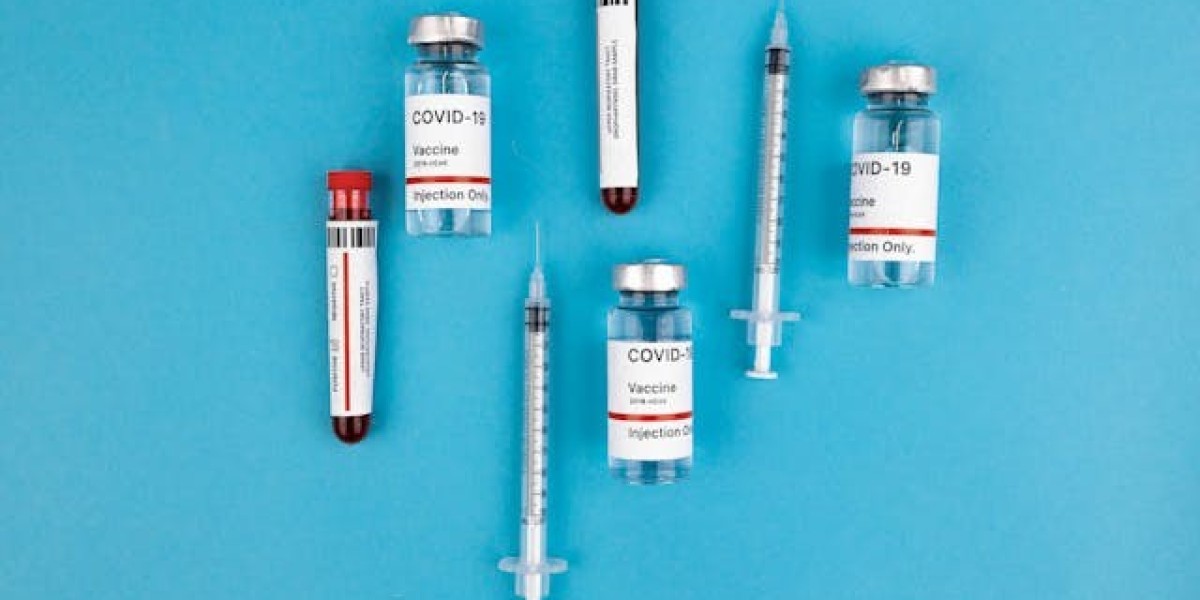Ayurveda provides a holistic approach to wellness and health. It does this by focusing on balance among mind, body, and spirit. Ayurvedic education Australia will allow people to know the different tools to improve personal well-being. This can be done with the help of organic and preventative measures. In this post, we have explored how it is feasible for Ayurvedic education to enhance personal wellness.
1. Promoting Nutritional Awareness
As already mentioned, Ayurvedic education will help improve personal wellness. According to Ayurvedic principles, one should consume food items according to his body type. It will help him maintain balance and prevent conditions. This organic approach will promote eating whole foods. These can be vegetables, fruits, etc.
We should minimize the intake of processed food items. Moreover, one should indulge in mindful eating to get the best results. It will be possible for people to improve their health by adopting these aforementioned principles. Read More >>>> https://wakelet.com/wake/ZeotwDWqBi7uBQbkyInF9








